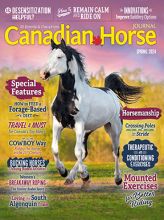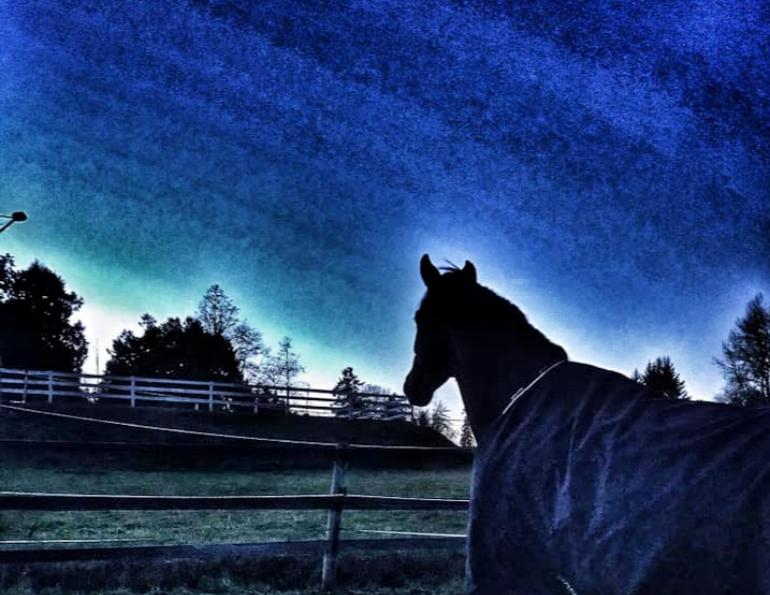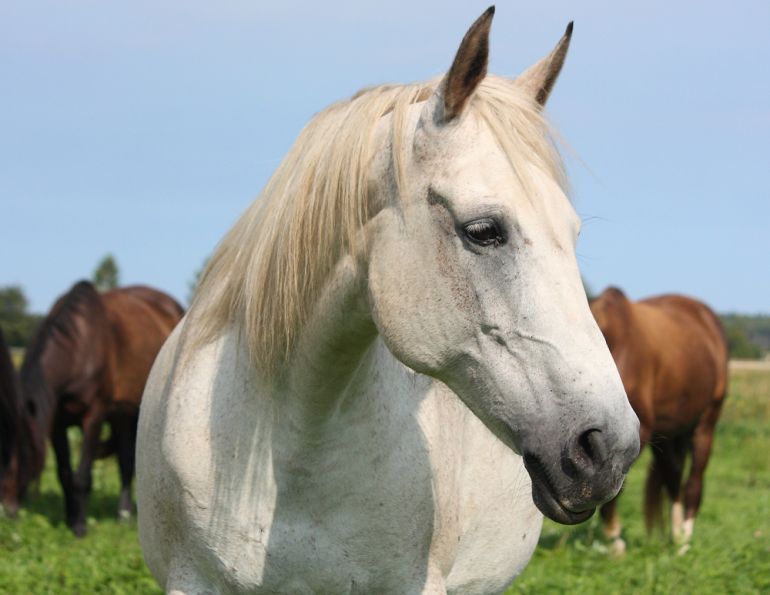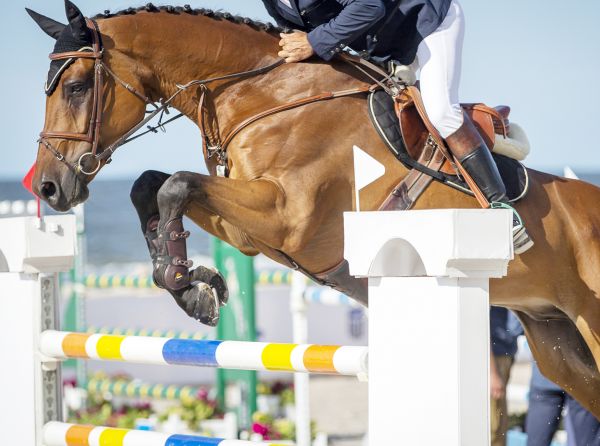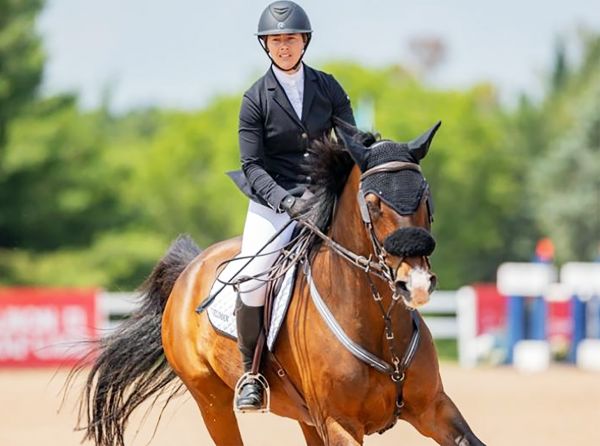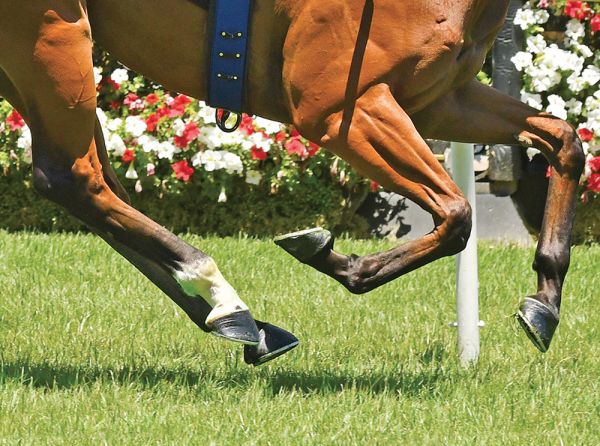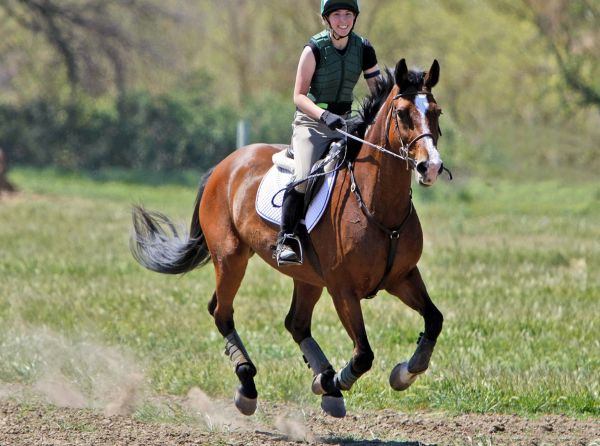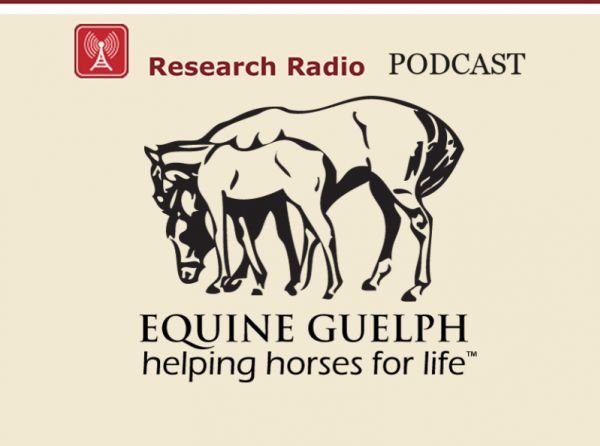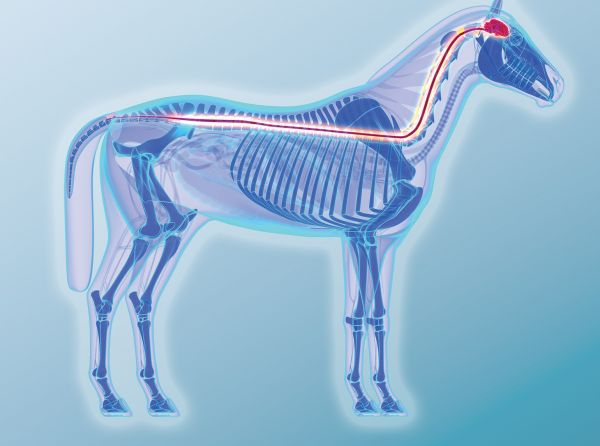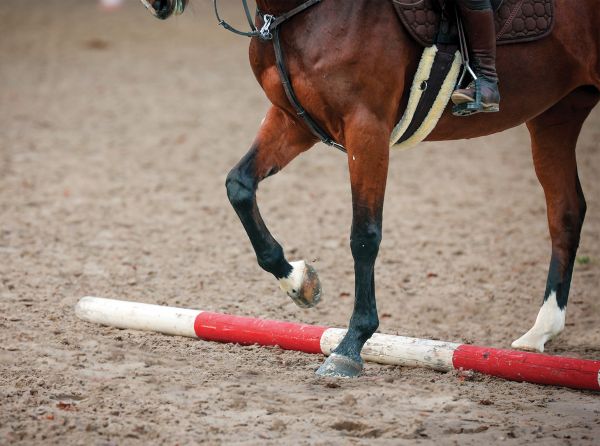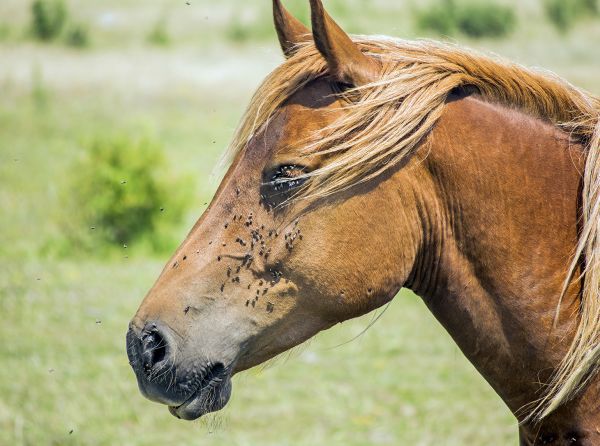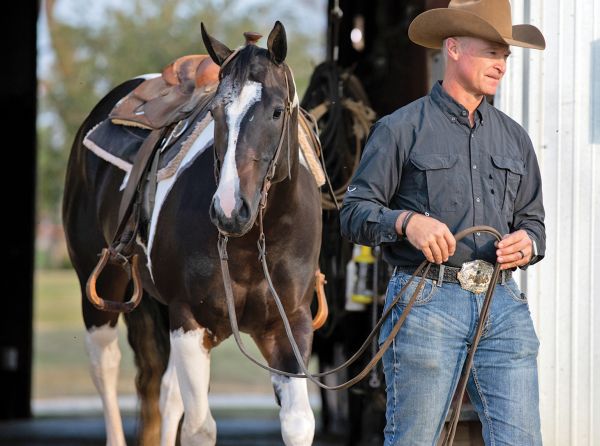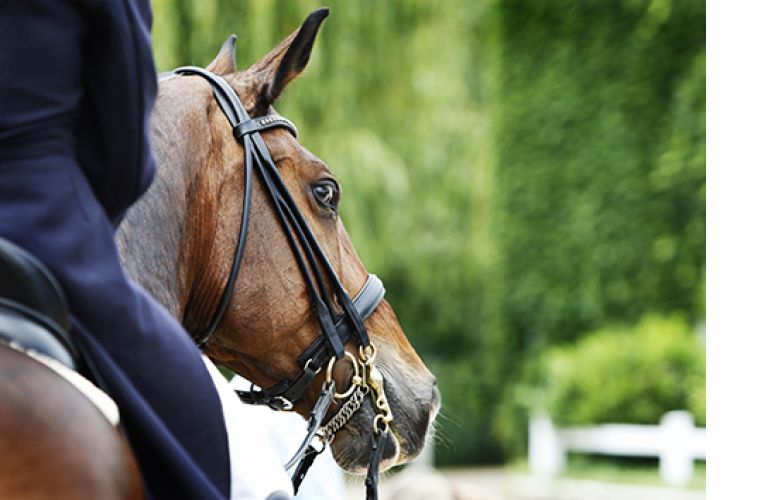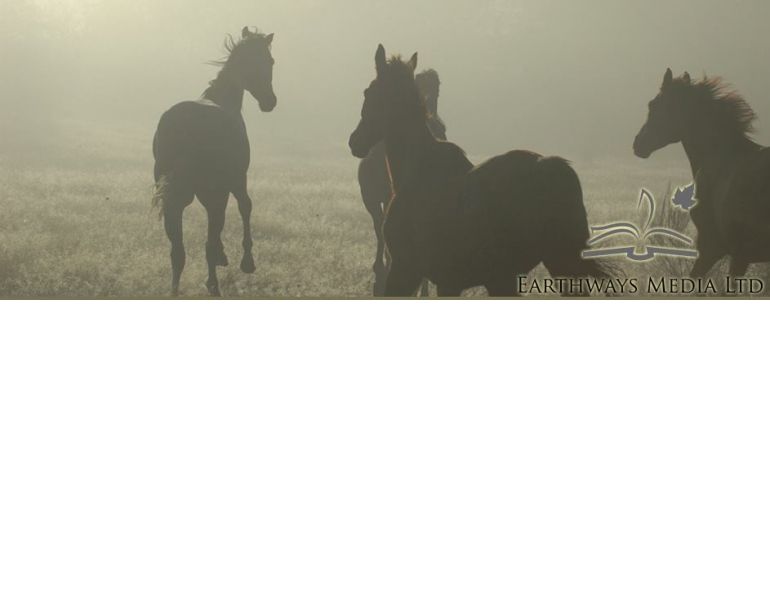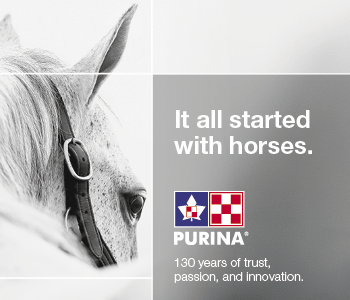By Melanie Huggett
Adjustments to your horse care routines will likely be necessary during the winter months, and should be tailored to your climate and the needs of each individual horse. Here are some tips to help keep your horse in health this winter:
Water - Water is an essential part of health. Horses cannot eat snow to get water, so it’s important to provide adequate water supplies in a horse’s paddock or stall. Water containers should be checked often and ice that has formed a barrier on top should be broken up to allow access to drink; or consider installing a heated watering system to keep water easily available at all times.
Feed - Without access to pasture, a horse’s need for feed will increase. Cold weather will increase a horse’s energy requirements as well, especially for those horses who spend a lot of time outdoors. Horses who have a hard time gaining weight may need extra care and feed — try to bulk them up before the worst winter weather hits.
Blanketing - Most healthy horses will acclimatize to cold and snowy conditions. However, there are some instances where blanketing is necessary. In areas that are damp with rain or wet snow, blanketing will provide protection; you may also wish to blanket to keep your horse from growing a long coat and getting sweaty if your horse is in regular work, or if your horse is clipped. If you do blanket, make sure to remove it from time to time to check for rubs and check body condition.
Exercise - Adjustments to warm-ups and cool-downs may need to occur during winter months. An adequate warm-up is necessary in colder weather, and horses with short coats should wear a riding blanket during warm-ups. Cool-downs are also extremely important to avoid a horse getting a chill. If your horse sweats, make sure to walk them out with a cooler until they are no longer warm, and then dry them off before putting them in their stall or paddock.
If you reduce the amount of riding you do during the winter, remember your horse’s condition will adjust to suit the lessened amount of exercise. It’s important not to expect the same level of fitness if your horse has increased time off.
More by Melanie Huggett
Main Photo: Robin Duncan Photography


